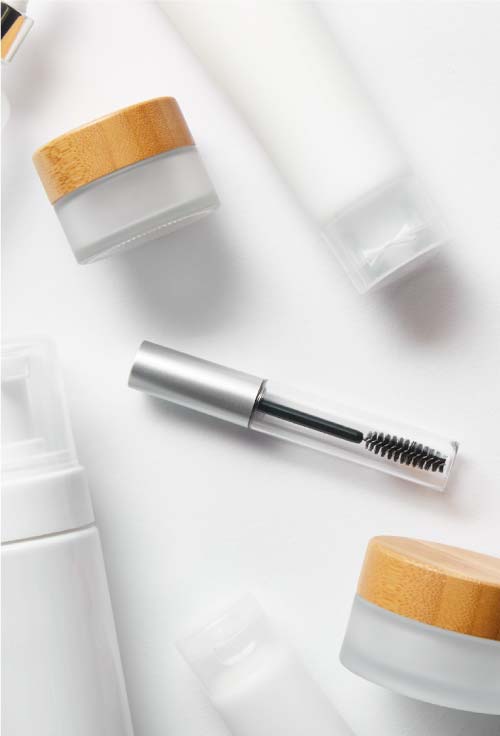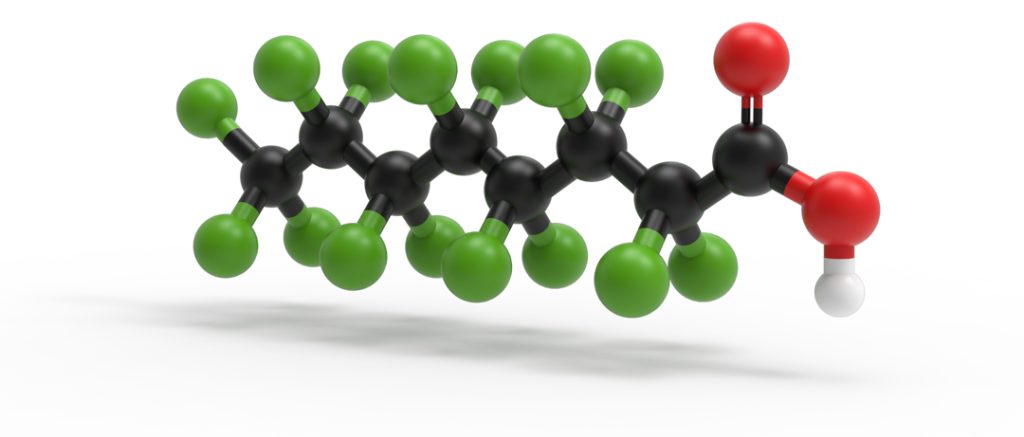PFAS
WHAT ARE PFAS?
WHY ARE PFAS A PROBLEM?
PER- AND POLYFLUOROALKYL SUBSTANCES (PFAS)
Per- and polyfluoroalkyl substances (PFAS) are a large group of man-made chemicals which have been used in many products for their water-resistant, oil-resistant, lubrication, or non-flammable properties: fire-fighting foams, anti-stick coating on cookware, food packaging, furniture, carpets, clothing, and cosmetics.





PFAS are all characterized by carbon-fluorine (C-F) chemical bonds, which are highly stable and will not biodegrade. These compounds enter and contaminate our surface and ground water resources by numerous routes– industrial sites, airports, landfill leachate, and municipal wastewater, among others.

There is evidence that continued exposure at the nanogram per litre (ng/L) or parts per trillion (ppt) levels for certain PFAS may lead to adverse health effects – cancer, reproductive, and immune system harm, liver and thyroid disease, etc. By setting the drinking water heath advisories for the two most common PFAS – PFOA and PFOS at 0.004 ppt and 0.02 ppt respectively, the US EPA is essentially saying that there are no safe levels of these compounds in water.
Harmful and widespread PFAS contamination is an urgent public health and environmental crisis that communities across the US and the globe will face.
In April 2024, the US Environmental Protection Agency (EPA) took a historic step by finalizing enforceable Maximum Contaminant Levels (MCLs) regulations for 6 PFAS compounds. This marked a significant milestone in safeguarding public health and ensuring access to clean drinking water for over 100 million people nationwide.
Read our Fact Sheet to discover more about the impact of this groundbreaking decision and how Ovivo is addressing PFAS contamination challenges with our integrated onsite solutions, featuring destruction.
Also in April 2024, the EPA designated PFOA and PFOS as hazardous substances under CERCLA (“Superfund”), underscoring the huge importance of onsite PFAS destruction, both economically and from a liability standpoint.
To learn more about how Ovivo can help address the challenges from these two rulings please contact us here